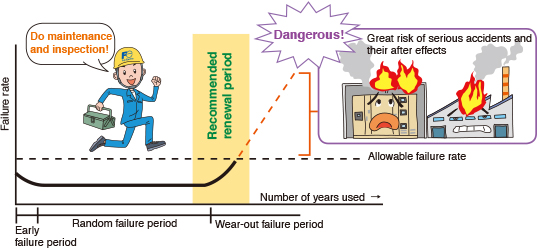

This course is designed to provide a comprehensive understanding of the various types of transformers, generators, circuit breakers, and protection schemes. Upon the successful completion of this course, participants will be able to specify select, commission, troubleshoot and maintain this distribution equipment for their applications. Further, participants will have enough knowledge to achieve reduced capital, operating and maintenance costs along with increase in efficiency.
During the duration of this course, participants will understand and learn the following:
Engineers and Technicians with Electrical Backgrounds from Electrical Power Utilities Companies, Manufactures, Engineering Professional, Petrochemical Companies, and Commercial Buildings are recommended to attend.
Participants need specific requirements other than basic understanding of Electricity and Magnetism and knowledge of nature and operation of Power supply and distribution system.
Introduction & Overview to Electrical power Distribution networks
Condition Based Monitoring For Electrical Distribution Equipment
Generator Fundamentals Maintenance, Testing and Trouble Shooting
Transformer Fundamentals, Maintenance, Testing and Troubleshooting
Earthing Systems
Circuit Breaker Fundamentals, Maintenance, Service, Testing and Troubleshooting
Protection and Protective Relays
CDGA attendance certificate will be issued to all attendees completing a minimum of 80% of the total course duration.
| Code | Date | Venue | Fees | Register |
|---|---|---|---|---|
| EE184-02 | 03-05-2026 | Doha | USD 5450 | |
| EE184-03 | 02-08-2026 | Riyadh | USD 5450 | |
| EE184-04 | 01-11-2026 | Muscat | USD 5450 |

Maximum efficiency, reliability, and longevity of electrical distribution equipment such as the various types of transformers, rectifiers, inverters, uninterruptible power systems, circuit breakers, f ...
Providing services with a high quality that are satisfying the requirements
Appling the specifications and legalizations to ensure the quality of service.
Best utilization of resources for continually improving the business activities.
CDGA keen to selects highly technical instructors based on professional field experience
Since CDGA was established, it considered a training partner for world class oil & gas institution
3012, Block 3, 30 Euro Business Park, Little Island, Co. Cork, T45 V220, Ireland
Mon to Fri 09:00 AM to 06:00 PM
Contact Us anytime!
Request Info